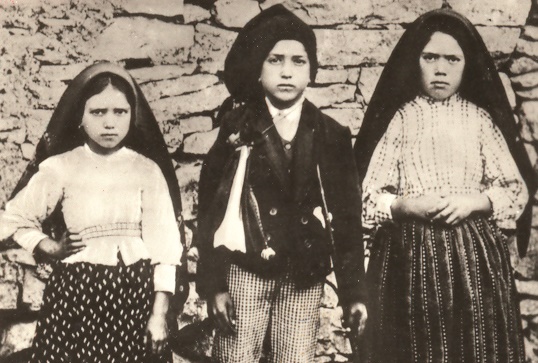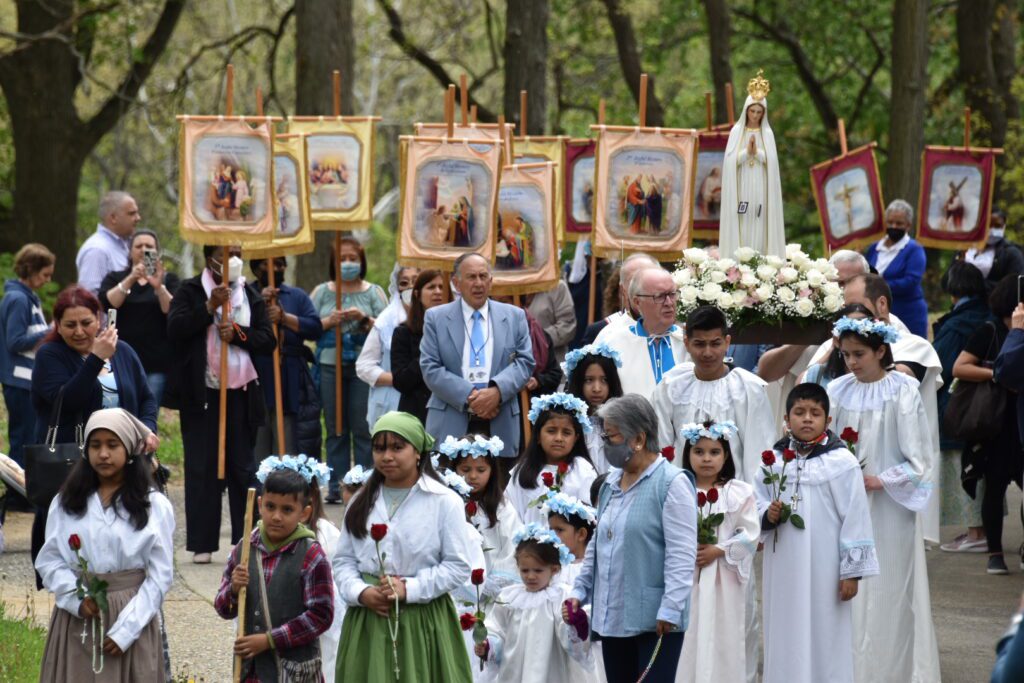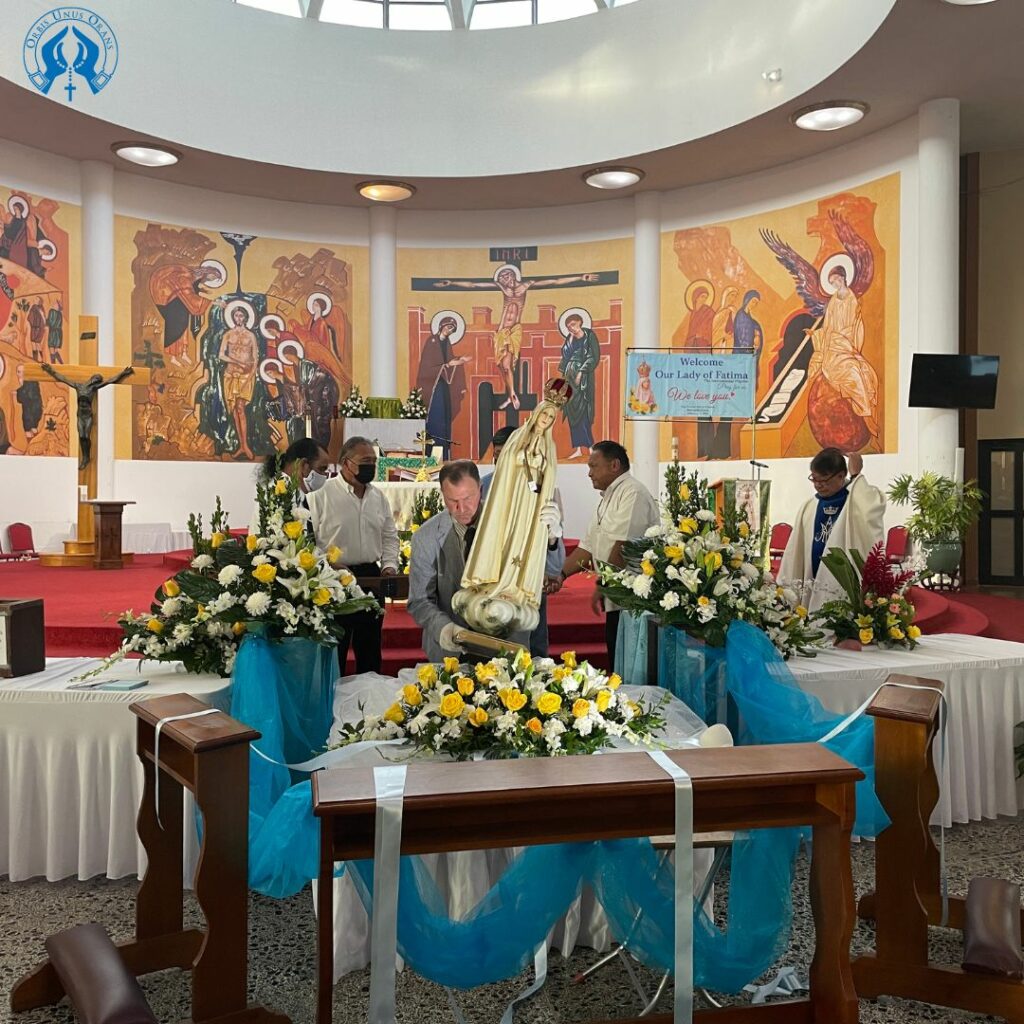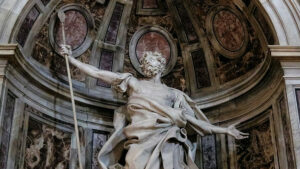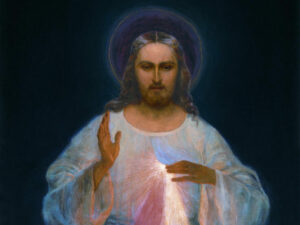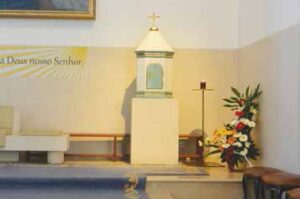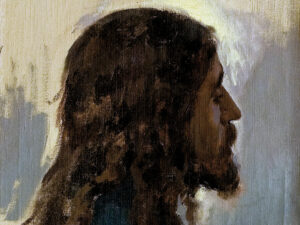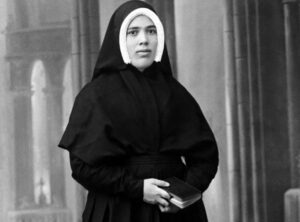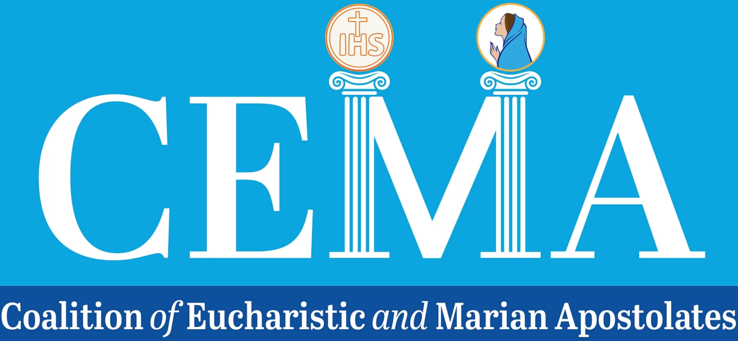by Donal Anthony Foley –
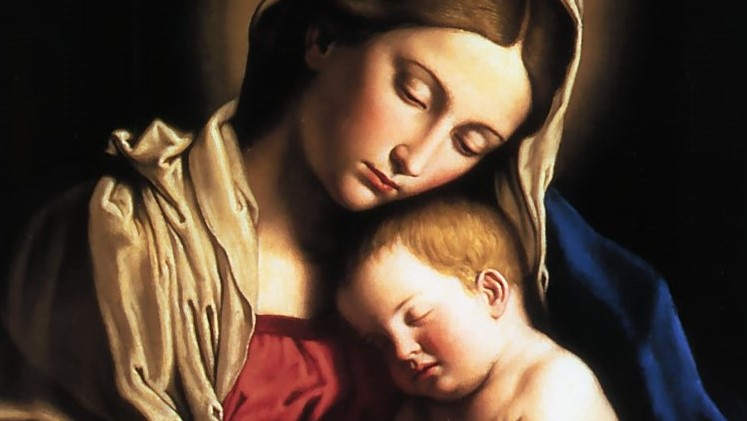
We recently celebrated Christmas Day, and now on the Octave day of that feast, January 1, we celebrate the Solemnity of Mary, Mother of God.
It is fitting and significant that we should dedicate the first day of the new year to Our Lady under the title Mother of God. This is, in reality, her most significant title since all her other privileges derive from the Divine Maternity—that she was chosen above all other women to be the Mother of God.
The great Catholic theologian, St. Thomas Aquinas, described the grandeur of this privilege as follows: “The humanity of Christ from the fact that it is united to the Godhead; and created happiness from the fact that it is the fruition of God; and the Blessed Virgin from the fact that she is the mother of God; have all a certain infinite dignity from the infinite good, which is God.”
That the saint described the Motherhood of the Blessed Virgin in terms of it having a “certain infinite dignity” indicates just how astounding the Divine Maternity is, since it required Mary to be spiritually exalted to such an incredible degree that she became fitted to bear the Incarnate Son of God.
For many centuries on this day, the Church celebrated the feast of the Circumcision of Christ, a commemoration of the ceremony that normally took place eight days after the birth of the child. It is only in more recent years that the Solemnity of the Mother of God has replaced the former celebration, but in reality, the veneration of Our Lady under that title goes right back to the early Church.
At that time, an important title for the Blessed Virgin was Theotokos, a Greek word meaning “God-Bearer” or “Mother of God.” This term is found quite frequently in the early Christian writings, and also in the oldest known hymn or prayer to Mary, the Sub tuum praesidium. This either dates from the early fourth century, or possibly the third century, and indicates how devotion had taken root in the early Church to Our Lady as Mother of God: “We fly to Thy protection, O Holy Mother of God; Do not despise our petitions in our necessities, but deliver us always from all dangers, O Glorious and Blessed Virgin. Amen.”
The Blessed Virgin’s status as Mother of God was confirmed at the Council of Ephesus, which took place in AD 431, in Asia Minor (now Turkey), when Nestorianism, which claimed that Mary was only the Christokokos or “Christ-bearer”, was condemned, and her position as the Theotokos, the “God-bearer,” was proclaimed.
We can get an idea of the importance of Our Lady in more general theological terms from this definition, since her role as Theotokos safeguarded both the human and the divine natures of Christ, which at one time or another came under heretical attack. And the Blessed Virgin has continued in that role throughout subsequent Church history down to our own times.
At Fatima, Our Lady did not directly describe herself as the Mother of God, focusing rather on her title as the Lady of the Rosary. But the principle of the Divine Motherhood was highlighted after the initial apparitions to the children in the Cova, when the Christ Child appeared with His Blessed Mother to Sister Lucia at Pontevedra in Spain, in 1925.
The Child Jesus indirectly referred to the Divine Maternity in saying to Lucia, “Have pity on the Heart of your Most Holy Mother. It is covered with the thorns with which ungrateful men pierce it at every moment, and there is no one to remove them with an act of reparation.”
If Our Lady was the spiritual mother of Lucia, then this was because she was a member of the Body of Christ, and also because Mary was the true Mother of Christ just as she is the true mother of the mystical Body of Christ, the Church, of which all the baptized are members.
Our Lady then went on to speak in more detail about the Five First Saturdays devotion of reparation, which she had mentioned briefly in the apparition of July 13, 1917.
The Child Jesus also appeared later on to Lucia, on the night of May 29-30, 1930, and explained why it was necessary to have a communion of reparation on five Saturdays, since this was related to the five main types of blasphemies and offenses committed against the Immaculate Heart of Mary.
Amongst these evils, offenses against the Blessed Virgin’s Divine Maternity and spiritual motherhood of mankind, were highlighted as worthy of reparation on the part of humanity.
Recent popes have been anxious to remind the faithful of the importance of the principle of the Divine Maternity, and the extraordinary holiness it implies for Our Lady.
In his encyclical Fulgens Corona, which was issued in1953, Venerable Pope Pius XII said about the office of Divine Motherhood that it, “demands the fullness of Divine grace and a soul immune from stain, since it requires the greatest dignity and sanctity after Christ. Yes indeed, from this sublime office of the Mother of God seem to flow, as it were from a most limpid hidden source, all the privileges and graces with which her soul and life were adorned in such extraordinary manner and measure.”
Pope St Paul VI, in his 1974 encyclical Marialis Cultus, in speaking of the feasts taking place during the Christmas season, argued that “the attention of all should be directed towards the restored Solemnity of Mary the holy Mother of God. This celebration, placed on January 1 in conformity with the ancient indication of the liturgy of the City of Rome, is meant to commemorate the part played by Mary in this mystery of salvation. It is meant also to exalt the singular dignity which this mystery brings to the holy Mother … through whom we were found worthy to receive the Author of life.”
He also described this solemnity as a fitting occasion for “imploring from God, through the Queen of Peace, the supreme gift of peace,” and for this intention he also designated January 1 as the “World Day of Peace.”
Pope St. John Paul II preached on this solemnity in January 2002. In his homily, in the name of the Church, he greeted Our Lady as Mother of God, saying, “In her, the eternal Son of the Father took our very flesh and through her became ‘son of David and son of Abraham’ (Mt 1:1). Thus, Mary is His true Mother: the Theotokos, Mother of God!”
The Pope went on to say, “Entering the new year, let us ask this holy Mother to bless us. Let us ask her to give us Jesus, our full Blessing, in whom the Father blessed all history once and for all, making it become the history of salvation.”
As we enter the new year, let us follow the example of that great Marian pope and ask Our Lady to bless us through the gift of Jesus, so that He can guide us through the difficult paths of the future until the period of peace promised by the Blessed Virgin at Fatima dawns.
Donal Anthony Foley is the author of a number of books on Marian Apparitions, and maintains a related web site at www.theotokos.org.uk. He has also written three time-travel/adventure books for young people, that address the dangers of the occult and the real spiritual battle between good and evil. www.glaston-chronicles.co.uk


